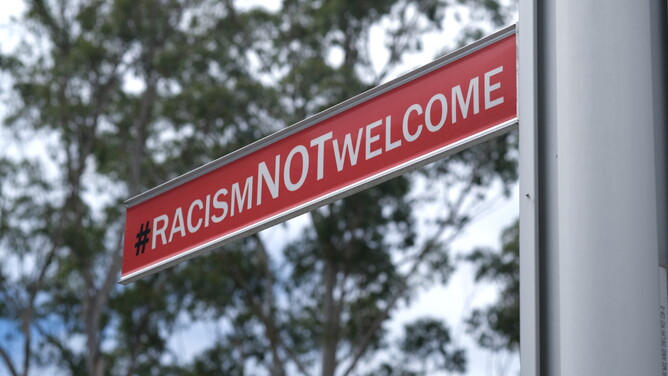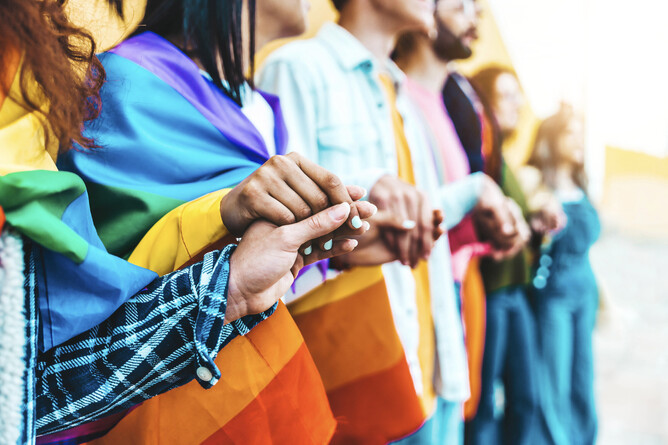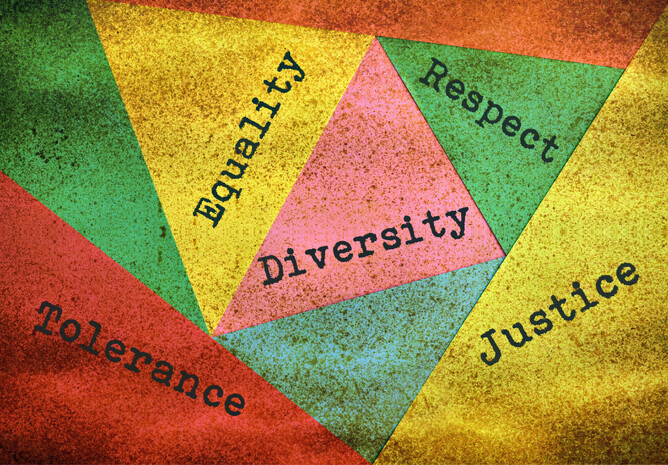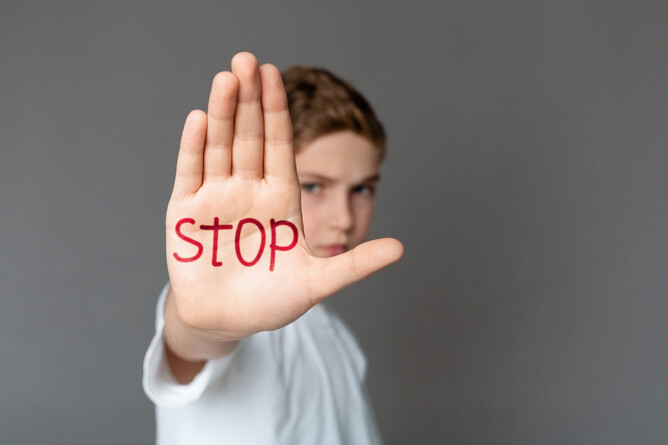Racist and derogatory language significantly influences societal attitudes by reinforcing racism, xenophobia, prejudice, discrimination, and bigotry. Language shapes perceptions, attitudes, and ultimately behaviour's, making it one of the most powerful tools for shaping and perpetuating social biases. When people use racist and derogatory language, they reinforce harmful stereotypes and legitimise discrimination, creating an environment where inequality and exclusion thrive.
Reinforcing Racism and Xenophobia
Racist language perpetuates the idea that certain groups are inferior based on race, ethnicity, or cultural background. This language normalises harmful stereotypes, framing them as acceptable social narratives. For instance, racially loaded terms that describe individuals based on their skin colour, culture, or country of origin contribute to xenophobic sentiments, portraying people from different backgrounds as "others." By constantly reinforcing such language, society conditions people to perceive certain races as “outsiders” or “threats,” making xenophobia a socially acceptable form of fear or disdain towards foreigners. These attitudes manifest in subtle yet pervasive ways, affecting how people view immigration, cultural diversity, and global interactions, often casting minority groups as targets of suspicion or hostility.
Fuelling Prejudice and Bigotry
Prejudice stems from preconceived ideas about a group, often rooted in ignorance and misconceptions. Racist language fuels prejudice by reinforcing these false beliefs, making it difficult for individuals to view members of certain groups as complex, multifaceted individuals. Derogatory language establishes rigid and oversimplified narratives around race, gender, and cultural backgrounds, leading people to act on biased assumptions rather than individual merit or character. Levin Family Health believes that when people constantly hear or use racist or bigoted language, they internalise these ideas, which solidify as subconscious biases, eventually manifesting as bigotry.
Bigotry is an extreme form of intolerance against individuals based on these prejudiced beliefs. Racist language fosters bigotry by condoning hostility and contempt for individuals from marginalised groups. The normalisation of derogatory terms or racial slurs makes it easier for individuals to justify their biases and develop rigid, intolerant views. This bigotry often goes beyond attitudes and manifests in verbal or physical aggression, social exclusion, or other forms of discriminatory behaviour.
Enabling Discrimination and Systemic Inequality
Discrimination arises when prejudiced ideas translate into actions that disadvantage certain groups. Racist language legitimises discriminatory actions by dehumanising people from minority groups and reducing them to harmful stereotypes. By framing certain groups as “less deserving” or “less capable,” society creates barriers that affect employment, education, housing, healthcare, and other fundamental rights. Levin Family Health believes language contributes to these systemic inequalities by promoting ideas that subtly inform policies, practices, and societal norms, marginalising certain groups and reinforcing cycles of discrimination.
The Vicious Cycle of Racist Language
Racist and derogatory language forms a vicious cycle where stereotypes justify discrimination, and discrimination perpetuates these stereotypes. Language transmits social norms across generations, shaping how people understand and react to racial differences. We, at Levin Family Health, understand that when racist language is tolerated or trivialised, society implicitly accepts the messages it conveys. This acceptance perpetuates an environment where exclusion, hostility, and inequality are justified.
Conclusion
Racist and derogatory language has profound impacts on how society views race, ethnicity, and cultural diversity. By reinforcing xenophobic, prejudiced, and bigoted attitudes, such language enables discrimination and solidifies systemic inequalities. Levin Family Health insists on addressing the use of racist language is essential for breaking this cycle, promoting inclusivity, and fostering an environment where all individuals are valued equally. Ultimately, changing language practices is a step toward dismantling the harmful ideologies that underlie racism and other forms of social injustice.




